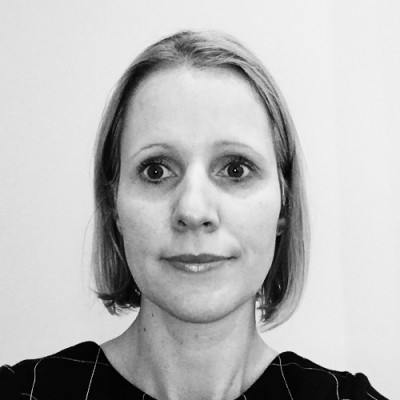Assessing the eyes of children with autism spectrum disorder (ASD) requires the optometrist’s technical knowledge and, ideally, an adapted environment called a sensory room. According to Autism Parenting Magazine*, “a sensory room or sensory integration room is designed to provide calm, focus and comfort to people with sensory processing problems, which often includes people with autism spectrum disorder (ASD).”
I was absolutely delighted to see the first optical practice opening that incorporates a sensory room in Ireland. This is a significant move forward. It is far preferable to have children with ASD managed by a local optometrist than coming into secondary or tertiary centres when it is not indicated. We have a sensory space in Temple Street, and it has been beneficial to a number of our little patients.
.png)
